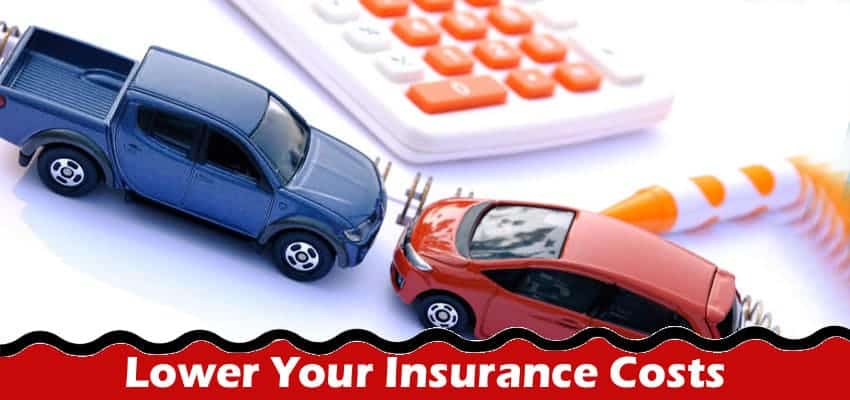Creating a culture of safe driving habits ensures your well-being on the road. Besides, it significantly lowers your car insurance costs. Insurance companies often reward drivers who maintain a clean driving record with lower premiums, as they are perceived as lower risk. So, here’s how adopting safe driving habits can lead to financial benefits through reduced insurance costs.
Safe Driving and Insurance Premiums
Coverage pricing is determined through an evaluation of risk factors. Safe driving habits reduce the likelihood of accidents and claims, which, in turn, lowers the driver’s risk profile. The companies dealing in this sector often use a system of discounts and incentives to encourage and reward responsible behaviour on the road. These may include good driver discounts, accident-free discounts, and lower rates for drivers who participate in defensive driving courses.
Habits That Lower Insurance Costs
Regular Vehicle Maintenance
Maintaining your vehicle in top condition is pivotal. Regular maintenance checks ensure that your vehicle is in good condition, and this will reduce the risk of accidents caused by mechanical failures. Companies recognise the value of well-maintained vehicles and may offer discounts to drivers who take proactive steps to keep their cars in good condition.
Adhering to Speed Limits
Adhering to speed limits not only complies with traffic laws but reduces the risk of accidents. Companies often offer discounts to drivers without speeding tickets, indicating responsible behaviour on the road.
Avoiding Distractions
Engaging in activities like texting or talking on the phone while operating a vehicle elevates the likelihood of accidents due to distraction. Focusing on the road and avoiding distractions can decrease the likelihood of accidents, which is why many firms, including those offering the best car insurance options, often provide discounts to individuals who use hands-free devices or commit to not using their phones while operating a vehicle.
Defensive Driving
Defensive driving entails recognising potential road hazards and taking preemptive actions to prevent accidents. Participating in such a defensive program polishes your skills and opens the door to potential discounts on your coverage rates. These programs equip you with the skills to foresee and respond to different road scenarios, enhancing your well-being.
Practice Safe Parking Habits
Parking responsibly is an often overlooked aspect that can impact your coverage pricing. By choosing well-lit areas, using parking aids like rearview cameras and sensors, and practising cautious parking techniques, you can reduce the risk of theft, vandalism, and parking-related collisions. A car insurance company may offer lower rates to drivers who consistently demonstrate careful parking habits, recognising the reduced risk of claims related to parking incidents.
Usage-Based Insurance Programs
Many insurance providers now offer usage-based insurance (UBI) programs, which monitor your behaviours on the road through a mobile app or a device installed in your vehicle. These initiatives track various aspects such as speed, braking patterns, and the times when you are on the road. As such, embracing these habits can lead to lower premiums, as these programs provide tangible evidence of your dedication to safety.
Building a Record of Safe Driving
The benefits of responsible driving extend beyond immediate discounts. Keeping a clean record over an extended period can significantly reduce your costs. Moreover, some companies offer a no-claims bonus for each year you go without making a claim, which can significantly reduce your premiums over time.
Conclusion
Adopting safe driving habits is a win-win situation. It ensures your safety and the safety of others on the road while providing financial benefits through lower car insurance costs. By keeping your vehicle well-maintained, observing speed limits, steering clear of distractions, adopting defensive techniques, and engaging in usage-based insurance programs, you can achieve considerable savings on your premiums.


